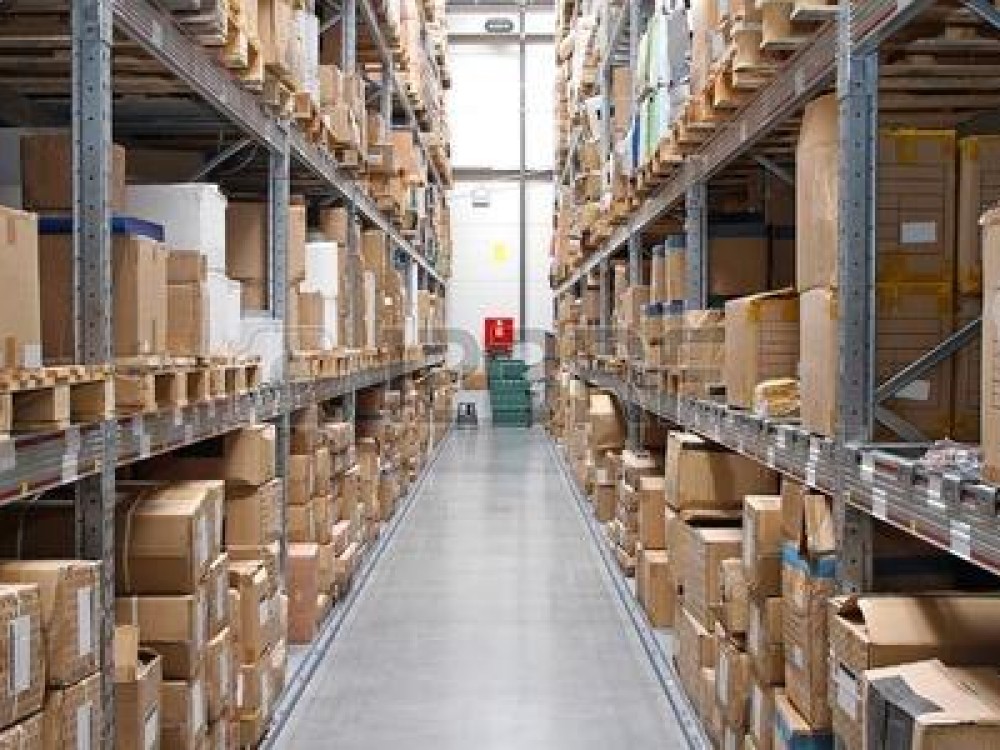
Helpful Solutions for Importers to Source a Product in China
Sourcing products from China has become increasingly popular for importers due to the country’s vast manufacturing capabilities, competitive pricing, and diverse range of products. However, navigating the complexities of sourcing can be challenging, especially for those new to the process.
Is it lucrative for importers to source a product in China?
The amount of money you can make importing from China depends on various factors, including the products you’re importing, your business model, market demand, competition, pricing strategies, and your ability to manage the import process efficiently.
It’s important to note that while importing from China can be lucrative, success is not guaranteed, and it requires thorough research, planning, and execution. Factors like market conditions, regulations, and geopolitical dynamics can also impact profitability.
Let’s explore some helpful solutions for importers to source a product in China effectively and efficiently.
- Conduct Thorough Market Research: Before diving into the sourcing process, importers should conduct comprehensive market research. This step involves identifying the target market, understanding customer preferences, and analyzing market trends. It helps importers to narrow down their product options and choose the most viable and profitable ones.
- Identify Reliable Suppliers: One of the critical aspects to successfully source a product in China is identifying reliable suppliers. Due diligence is crucial to ensure the supplier’s credibility, product quality, and ability to meet production requirements. Importers should verify the supplier’s business license, certifications, and product samples. It is also recommended to visit the supplier’s manufacturing facility to assess their production capacity and quality control measures.
- Leverage Online Platforms and Trade Shows: Importers can utilize online platforms and trade shows to connect with potential suppliers in China. Websites like Alibaba, Global Sources, and Made-in-China offer a wide range of products and allow importers to communicate directly with suppliers. Trade shows, such as the Canton Fair and the China International Import Expo (CIIE), provide opportunities to meet suppliers face-to-face and establish valuable business relationships.
- Engage in Effective Communication: Effective communication is vital for successful sourcing in China. Importers should clearly communicate their product requirements, quality standards, packaging needs, and delivery timelines to the suppliers. Maintaining regular communication throughout the sourcing process ensures that both parties are aligned and any potential issues or concerns are addressed promptly.
- Implement Quality Control Measures: To mitigate quality risks, importers should implement stringent quality control measures. This includes conducting pre-production inspections, in-process inspections, and final product inspections. Independent third-party inspection agencies can be hired to perform quality checks and ensure that the products meet the required standards before shipment.
- Consider Working with Sourcing Agents: For importers who lack experience or resources, working with sourcing agents can be advantageous. Sourcing agents based in China have extensive knowledge of the local market, industry, and suppliers. They can assist with supplier verification, negotiation, quality control, logistics, and customs clearance, streamlining the entire sourcing process for importers.
- Understand Legal and Regulatory Requirements: Importers must familiarize themselves with the legal and regulatory requirements governing imports from China. This includes product certifications, customs documentation, import duties, and compliance with safety and quality standards. Engaging legal and customs experts can help importers navigate these complexities and ensure compliance with all relevant regulations.
Wrap Up
Sourcing products from China offers importers a multitude of opportunities, but it also presents challenges. By following the solutions outlined above, importers can effectively source products from China while minimizing risks and maximizing the potential for success.
Conducting thorough market research, identifying reliable suppliers, leveraging online platforms and trade shows, maintaining effective communication, implementing quality control measures, considering sourcing agents, and understanding legal and regulatory requirements are all key steps towards a successful sourcing process in China. With careful planning and execution, importers can establish long-lasting and profitable relationships with Chinese suppliers.





